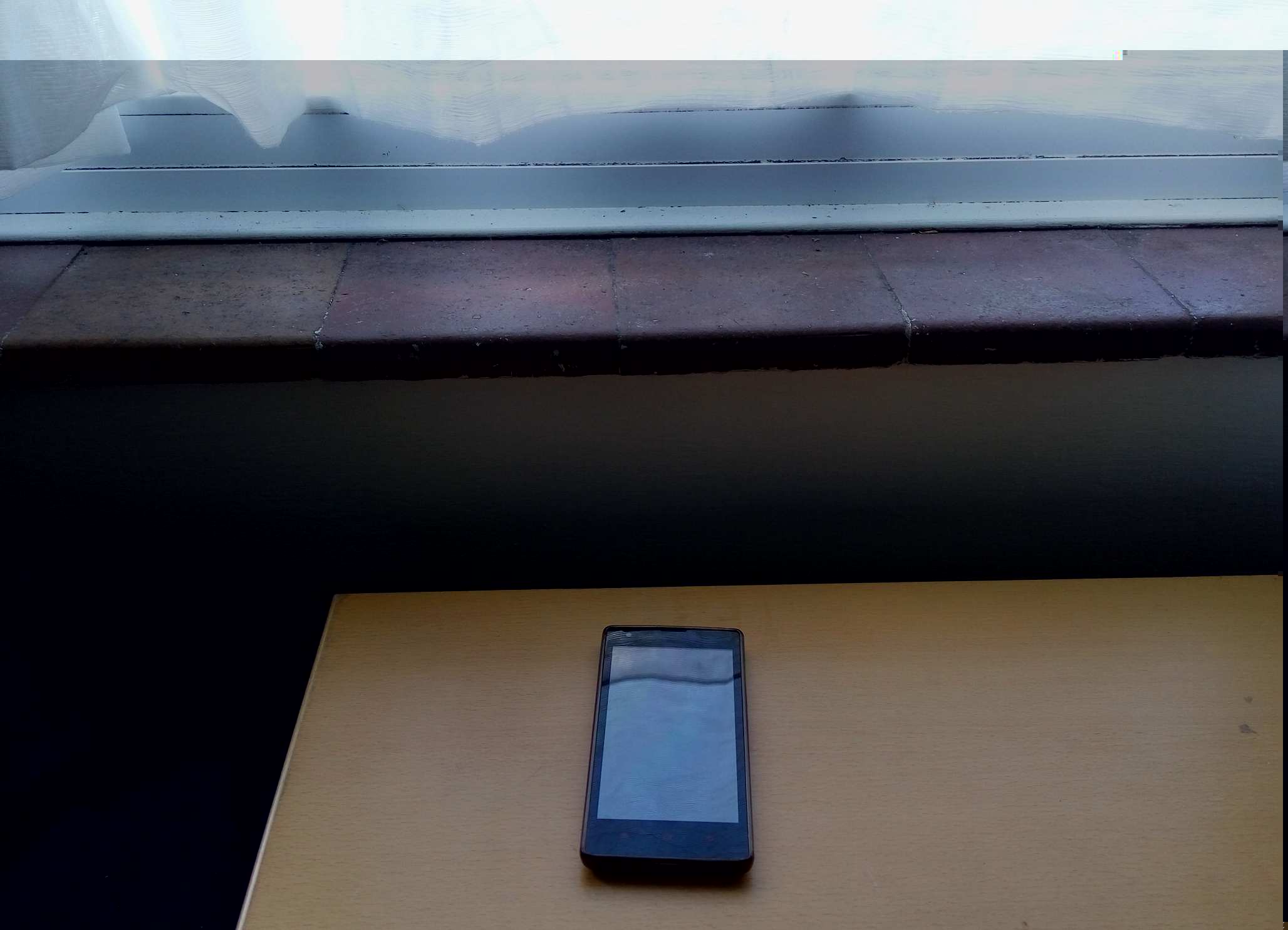Mobile Phones: Overall Security
Mobile Phones. We all have them now, don't we? Well, maybe not quite everyone - yet. But whether you're an Apple or Android (or Microsoft) user, mobile phones are now the dominant device for internet access for many people - but does that mean that they are
safe? Well, mostly, yes, but not completely. Nothing ever is. Most of the time, you can access the internet via your mobile phone without any issues, but, precisely
because
they are small, light and mobile and contain or have access to a lot of our most important information, you should be aware of the dangers and take extra care about
how
you access the internet using them.
But firstly, you need to keep your mobile device safe - physically. This means protecting it with some sort of case, preferably a 'book' type with a flap that covers the screen. The screen is very fragile and is your main interface with the device, so it is of the utmost importance to protect it. A screen protector is also a very good idea; either a plastic film type, or a toughened glass type, whichever you prefer. Neither is perfect, or can prevent damage to your screen in all circumstances, but both are better than nothing.
 Even when you're
Even when you're  You can check this online using your phone (on Wi-Fi), a laptop, or someone elses device, but check quickly, as if there are no service problems in your area, you again need to contact your service provier
You can check this online using your phone (on Wi-Fi), a laptop, or someone elses device, but check quickly, as if there are no service problems in your area, you again need to contact your service provier  Now, there are many things to consider for all of these options, so we'll take them in turn.
Now, there are many things to consider for all of these options, so we'll take them in turn. A common limitation of many mobile contracts is use of data when travelling abroad. Some plans still include the use of data while travelling abroad (called data roaming) to certain countries, like the EU (but often NOT countries like Switzerland), though not quite so many nowadays for UK residents since 'Brexit'. Be careful though, this is almost always limited to the phone or device that the SIM is physically installed in. This if fine for most people, but don't think that you can take a tablet or laptop with you and share your connection with that using a Local Hot-Spot (also often called 'Tethering'), set up on your phone. That is generally
A common limitation of many mobile contracts is use of data when travelling abroad. Some plans still include the use of data while travelling abroad (called data roaming) to certain countries, like the EU (but often NOT countries like Switzerland), though not quite so many nowadays for UK residents since 'Brexit'. Be careful though, this is almost always limited to the phone or device that the SIM is physically installed in. This if fine for most people, but don't think that you can take a tablet or laptop with you and share your connection with that using a Local Hot-Spot (also often called 'Tethering'), set up on your phone. That is generally 
 Lastly, remember that with all of these options, that a VPN or other similar connection only makes your
Lastly, remember that with all of these options, that a VPN or other similar connection only makes your